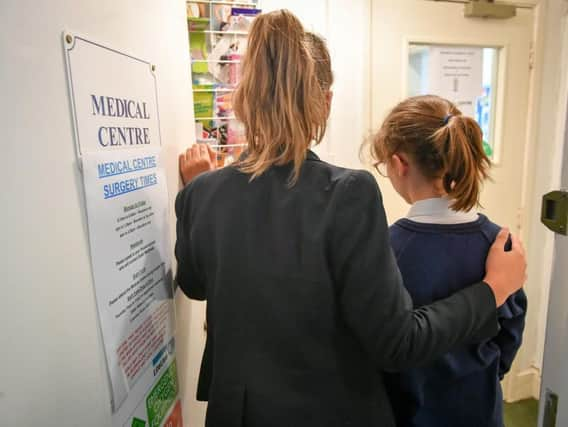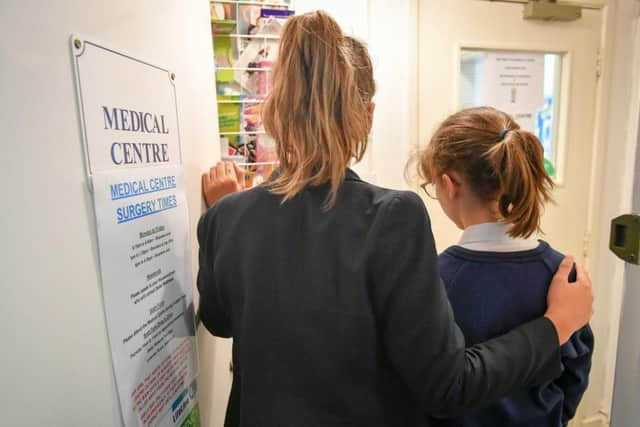High number of young children in Derbyshire not vaccinated in time for flu season


The latest figures show that just 63 per cent of four to ten-year-olds had received the flu vaccine at the end of November.
That's higher than the rate across England, where 47 per cent of primary school children were up to date on their annual dose.
Advertisement
Hide AdAdvertisement
Hide AdOf 48,264 primary school children in Derbyshire, 17,954 had not been given the vaccine, which is delivered in school as a nasal spray.


Public Health England advises headteachers to make sure their pupils are protected before the winter months.
Of the youngest children eligible, in reception, 65 per cent had been given the spray - slightly more than the 61 per cent among the oldest, in year five.
The flu vaccine programme runs from the beginning of September to the end of January, with PHE reporting uptake rates throughout the winter.
Advertisement
Hide AdAdvertisement
Hide AdBy the end of the previous winter, 71 per cent of four to ten-year-olds in Derbyshire were covered, suggesting uptake could increase slightly through December and January.
But with flu season starting in December it's still important to make sure children are vaccinated as early as possible, according to the NHS.
Dr Richard Pebody, head of flu at PHE, said: "Flu can be nasty for little children. Some develop a very high fever or complications of flu, such as bronchitis or pneumonia, and may need hospital treatment.
"Children also tend to be super-spreaders of flu, so if they get it, they are likely to infect more vulnerable older family members.
Advertisement
Hide AdAdvertisement
Hide Ad"The best form of protection against flu is to get the vaccine if you are eligible, and to practise good respiratory and hand hygiene."
Dr David Elliman, immunisation expert at the Royal College of Paediatrics and Child Health, said that uptake of the flu vaccine is always lower than other routine jabs.
He added: "But even with a modest uptake you see a reduction of flu in the general community. Any uptake is better than nothing."
Last winter was the worst flu season in a decade in England, causing 3,175 hospital admissions and 320 deaths.